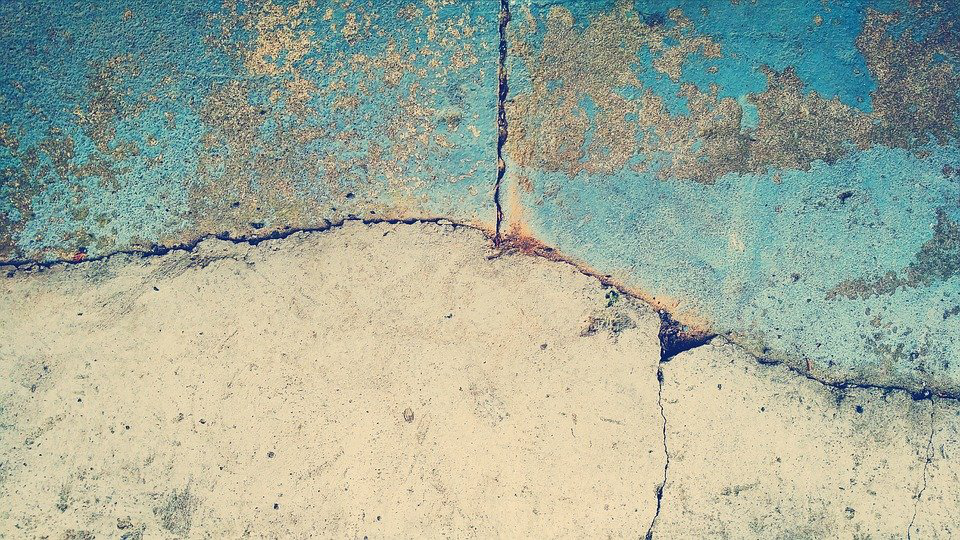Understanding Concrete Damage and the Common Reasons Behind It
Concrete is the single most widely used material in the world and has been used in countless architectural masterpieces. It’s a durable and highly resistant material that’s popular due to high tensile strength and sturdiness.
However, like any other material, it can sustain damage over time. If left unrepaired, it can weaken the structure of a home or building, which can result in safety hazards. Let’s learn more about the common reasons behind concrete damage.
Metal Corrosion
Corrosion of reinforcing steel or other metals is one of the most common reasons for concrete damage. When metal corrodes, the rust occupies additional space than the metal, which can put mechanical stress that instigates the formation of cracks and causes spalling.
Temperature Damage
During winters, the water levels in moist concrete freeze and expand, which exert pressure in the pores. When the pressure exceeds the tensile strength, the concrete cavity breaks and results in cracking, crumbling, and scaling of the concrete material.
Environmental Damage
Concrete also get damaged due to environmental factors. Frequent ground settlements and seismic tremors can put concrete tensile strength into the test. Moreover, extreme temperatures can cause the materials to contract and expand, which can also affect its structural integrity.
Chemical Damage
Chemical processes like carbonation, as well as exposure to different atmospheric conditions and chemical environments, can deteriorate the condition of the concrete. Chlorides, sulfates, seawater, and different elements can significantly harm concrete structures.
Fire damage
Concrete comes with excellent fireproof capabilities and withstands high temperatures. But when exposed to extreme temperatures regularly, concrete can lose its compressive strength and modulus of elasticity, which makes it more susceptible to damage.
READ: 3 Signs Your Concrete Needs Repair
What should you do?
You must hire a professional to assess the extent of concrete damage. A deteriorated concrete wall can allow water to seep in the construction, which can result in mildew and stains, warped framing, and—in the worst-case scenario—cause the structure to collapse.
Do you want to hire specialized concrete repair services in Boston? Get in touch with AMN Masonry today! We have been serving the industry for the past 13 years, providing reliable concrete repair services at competitive prices. If you want to get a free quote or more details about our services, call (774) 244-8248 today!
ALSO READ: How to Protect Your Concrete Damage from Salt Damage



